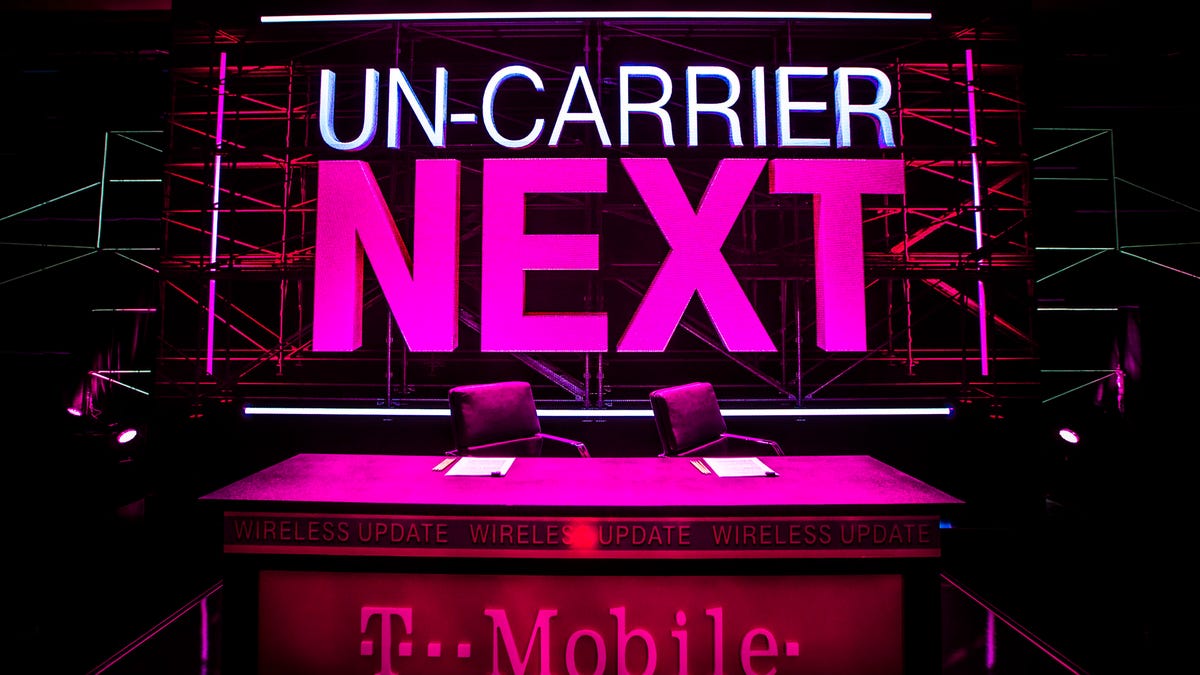T-Mobile leads all US carriers as it awaits Sprint merger
The Un-carrier engine keeps humming with 1.6 million net new customers.

Once again, T-Mobile took the pole position when it comes to smartphone wireless customers.
The carrier added a total of 1.6 million net new customers in the second quarter, a number that includes 686,000 so-called postpaid phone customers. The company said it has led the industry for 18 straight quarters in that key metric.
T-Mobile's continued dominance comes amid the backdrop of its attempts to merge with Sprint, which reported its own quarterly results this morning. The two companies hope to close the $26 billion deal in the first half of next year. Sprint has spent the last few years getting back to eking out growth and earlier today trumpeted adding 87,000 net new phone customers. T-Mobile has traditionally outstripped the industry in new customers thanks to firebrand CEO John Legere and his Un-carrier campaign.
The results come at a time when carriers are starting to pull back from aggressive promotions for cheap plans or free iPhones. What once was a bonanza for bargain hunters has shifted to more rational pricing, including new, pricier tiers of unlimited data plans. AT&T and Sprint both introduced new plans that are either more expensive or removes prior perks, while Verizon launched a new, more expensive option for data-hungry users.
(Check out the full breakdown of the unlimited plans here.)
T-Mobile also continues to trumpet its move to 5G, which is its critical selling point to regulators as it hopes to get approval to merge with Sprint. The company said it's deploying its 5G network now with the intent to launch commercially next year. By 2021, two-thirds of the country could get internet speeds of 100 megabits per second, Legere said.
He touted the merger as "pro-competition, pro-consumer, pro-America,"
The company's net profit came in at $782 million, or 92 cents a share, compared with a year-ago profit of $581 million, or 67 cents a share.
Revenue rose 3.5 percent to $10.57 billion.
Analysts had projected that T-Mobile would post per-share earnings of 87 cents and revenue of $10.66 billion, according to Yahoo Finance.
T-Mobile shares rose 1.5 percent to $60.23 in after-hours trading.

